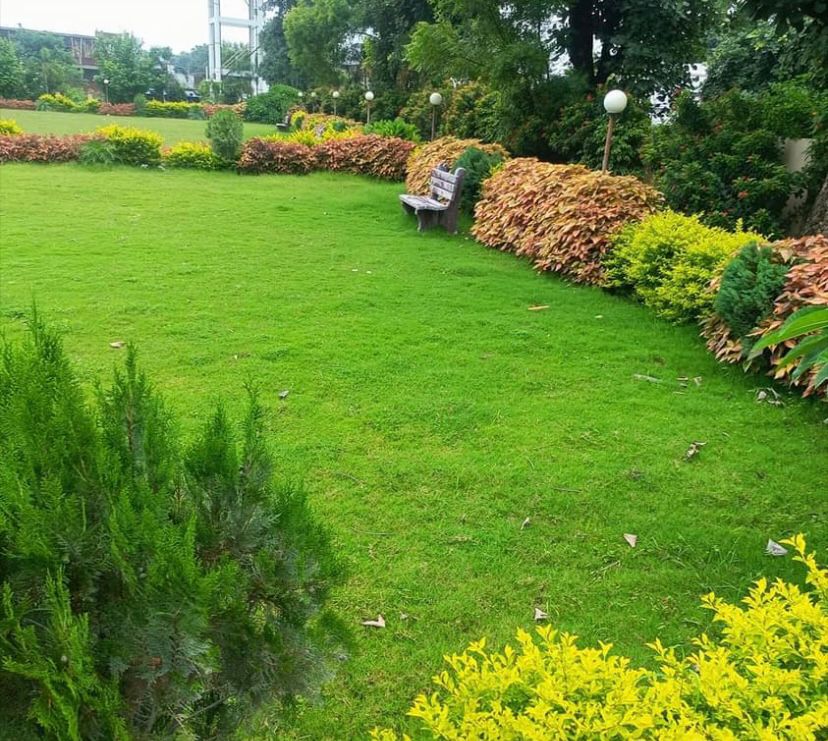Hospital Garden
Hospital gardens are increasingly recognized for their therapeutic benefits, both for patients and visitors. These gardens are designed to create a soothing and peaceful environment that can aid in the healing process and provide a respite from the clinical setting. Here’s what you might find in a well-designed hospital garden:
Features of a Hospital Garden:
- Healing Environment: Designed to be calming and serene, with elements like water features, natural landscaping, and shaded areas.
- Accessible Paths: Smooth, wheelchair-accessible paths to ensure that everyone can enjoy the garden.
- Seating Areas: Comfortable benches or chairs where patients, visitors, and staff can sit and relax.
- Therapeutic Plants: Selection of plants known for their calming effects or therapeutic properties, such as lavender, chamomile, and other herbs.
- Sensory Elements: Features that engage the senses, like fragrant plants, colorful flowers, and soothing sounds of water.
- Privacy: Secluded spots or enclosed areas where individuals can have some quiet time away from the hospital environment.
- Interactive Elements: Some gardens include elements like raised beds for growing vegetables or herbs, which can be therapeutic and educational.
Examples of Notable Hospital Gardens:
- The Healing Garden at the Cleveland Clinic (USA): Features walking paths, water features, and various plantings designed to create a peaceful environment.
- The Maggie's Centres (UK): Various locations have gardens designed to offer a tranquil space for cancer patients and their families.
- The Garden of Reflection at the Mayo Clinic (USA): A serene space designed to offer a peaceful retreat for patients and visitors.
- The Zen Garden at the Ronald Reagan UCLA Medical Center (USA): A Japanese-style garden that offers a calming environment for patients and families.
Benefits of Hospital Gardens:
- Stress Reduction: Provides a peaceful escape from the hospital environment, helping to reduce stress and anxiety.
- Improved Mood: Exposure to natural settings and green spaces can improve mood and emotional well-being.
- Enhanced Recovery: Studies suggest that access to gardens and natural settings can speed up recovery times and improve overall health outcomes.
- Support for Families: Offers a space where families can relax and support one another during challenging times.

.jpeg)

.jpeg)
